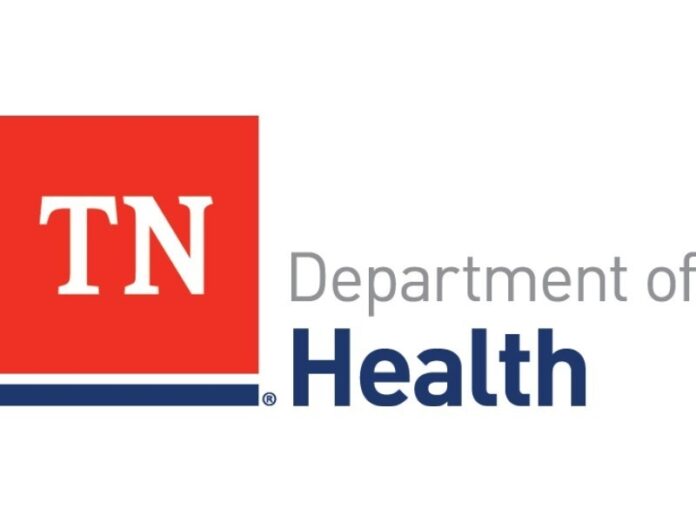The Tennessee State Veterinarian confirms that a horse in Bedford County that died was positive for rabies.
“Incidence of rabies in horses is relatively low but we’ve seen two cases in Tennessee in the last five months,” State Veterinarian Samantha Beaty said. “This neurologic disease is fatal, so livestock owners should consult their veterinarian about protecting their animal through vaccinations, as that is the easiest and most effective means to protect against the disease.”
In October of last year, after presenting for neurologic symptoms, a horse in Cocke County was euthanized, and a necropsy confirmed a positive rabies infection.
In Tennessee, rabies vaccines must be administered by a licensed veterinarian. Cattle and horses are the most frequently reported infected livestock species. The most common symptoms can include neurologic deficits such as circling, head pressing, or paralysis, and behavioral signs such as anorexia, irritability, or hyperexcitability. Currently, no treatment for horses exists and without a cure, rabies prevention becomes crucial.
Rabies is a highly contagious viral disease that can have devastating consequences. It is primarily transmitted through the bite of an infected animal and poses significant risks to both animal and human populations. People who have been potentially exposed should seek prompt medical attention.
The Tennessee Department of Agriculture Animal Health Division is responsible for promoting animal health in Tennessee. The State Veterinarian’s office seeks to prevent the spread of disease through import and movement requirements, livestock traceability, disaster mitigation, and the services of the C.E. Kord Animal Health Diagnostic Laboratory. The division collaborates with other health-related stakeholders, academic institutions, and extension services to support One Health, an initiative to improve health for people and animals.


























